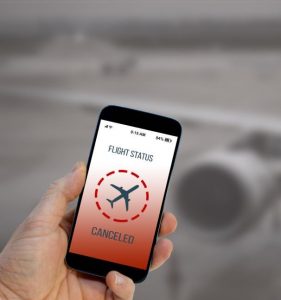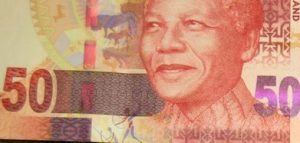ZAR Currency Guide For International Travellers
 Travelers visiting South Africa encounter the ZAR currency, known as the South African Rand. This currency is essential for daily transactions throughout the country. Understanding how to manage and exchange ZAR can enhance your travel experience. By planning ahead, you can avoid unnecessary fees and ensure smooth financial transactions during your stay.
Travelers visiting South Africa encounter the ZAR currency, known as the South African Rand. This currency is essential for daily transactions throughout the country. Understanding how to manage and exchange ZAR can enhance your travel experience. By planning ahead, you can avoid unnecessary fees and ensure smooth financial transactions during your stay.
ZAR Currency basics for travellers
The South African Rand is the official currency of South Africa. It is subdivided into 100 cents. Coins are available in denominations of 10c, 20c, 50c, R1, R2, and R5. Banknotes come in R10, R20, R50, R100, and R200 denominations. The symbol for the Rand is R. The ZAR currency is widely accepted across the country, including in major cities and tourist destinations.
Currency exchange options
Upon arrival, travelers can exchange their foreign currency for ZAR at various locations. Banks and licensed currency exchange bureaus offer competitive exchange rates. It’s advisable to avoid exchanging money at airports or hotels, as they may offer less favorable rates and higher fees. Using ATMs to withdraw local currency can also be a convenient option, often providing better exchange rates. However, be aware of any foreign transaction fees your home bank may charge.
Using credit and debit cards
Credit and debit cards are widely accepted in South Africa, especially in urban areas. Visa and Mastercard are the most commonly accepted. When using cards, transactions are converted from your home currency to ZAR using the card issuer’s exchange rate. Be mindful of any additional fees that may apply. It’s recommended to inform your bank of your travel plans to avoid any issues with card usage abroad.
Prepaid travel cards
Prepaid travel cards, such as the Wise Multi-Currency Card, offer a secure and convenient way to manage your travel funds. These cards allow you to load multiple currencies, including ZAR, and lock in exchange rates at the time of loading. They can be used for purchases and ATM withdrawals, often with lower fees compared to traditional bank cards. Additionally, they provide the ability to monitor your spending and manage your budget effectively.
Currency restrictions
Travelers entering South Africa are allowed to bring up to ZAR 25,000 in cash. There is no limit on foreign currency, provided it is declared upon entry. When exiting the country, the same ZAR limit applies, and foreign currency must have been declared upon entry. It’s important to adhere to these regulations to avoid any complications during your travel.
Tipping and small purchases
In South Africa, tipping is customary in many service industries. It’s advisable to keep small denominations of ZAR on hand for tipping purposes. Additionally, having cash is useful for small purchases, especially in areas where card payments may not be accepted. Carrying a mix of cash and cards ensures flexibility and convenience during your trip.
Monitoring exchange rates
Staying informed about current exchange rates can help you make better financial decisions while traveling. Various online platforms and currency converter apps provide up-to-date information on exchange rates. Monitoring rates allows you to exchange money at more favorable times, potentially saving you money.
Safety tips for handling money
When carrying cash, it’s advisable to use a money belt or a secure wallet to protect your funds. Avoid displaying large amounts of cash in public places. Use ATMs located in secure and well-lit areas, preferably during daylight hours. Always be aware of your surroundings when conducting financial transactions.
Budgeting for your trip
Creating a daily budget in ZAR can help manage your expenses effectively. Account for accommodation, meals, transportation, activities, and souvenirs. Including a buffer for unexpected expenses is also prudent. By planning your budget in advance, you can ensure a more enjoyable and stress-free travel experience.
Exchanging leftover currency
At the end of your trip, you may have leftover ZAR. You can exchange it back to your home currency at banks or currency exchange bureaus. Be aware that exchange rates may vary, and some institutions may charge a fee for this service. Alternatively, you can use the remaining funds for last-minute purchases or tipping.
Traveling with ZAR Currency
Understanding and managing ZAR currency is a crucial aspect of traveling to South Africa. By familiarizing yourself with exchange options, card usage, and budgeting strategies, you can navigate financial transactions with confidence. Proper planning and awareness ensure that your travel funds are used efficiently, enhancing your overall experience in South Africa.










